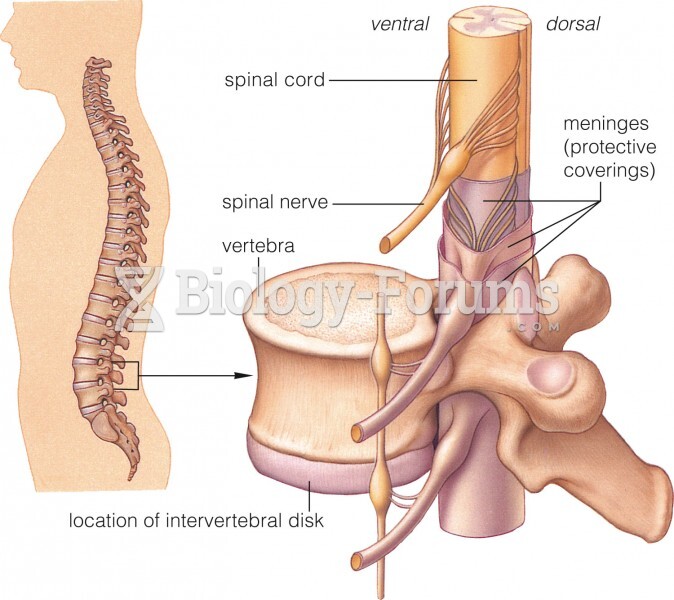This topic contains a solution. Click here to go to the answer
|
|
|
Did you know?
Eating food that has been cooked with poppy seeds may cause you to fail a drug screening test, because the seeds contain enough opiate alkaloids to register as a positive.
Did you know?
In 1844, Charles Goodyear obtained the first patent for a rubber condom.
Did you know?
The longest a person has survived after a heart transplant is 24 years.
Did you know?
Human kidneys will clean about 1 million gallons of blood in an average lifetime.
Did you know?
HIV testing reach is still limited. An estimated 40% of people with HIV (more than 14 million) remain undiagnosed and do not know their infection status.







